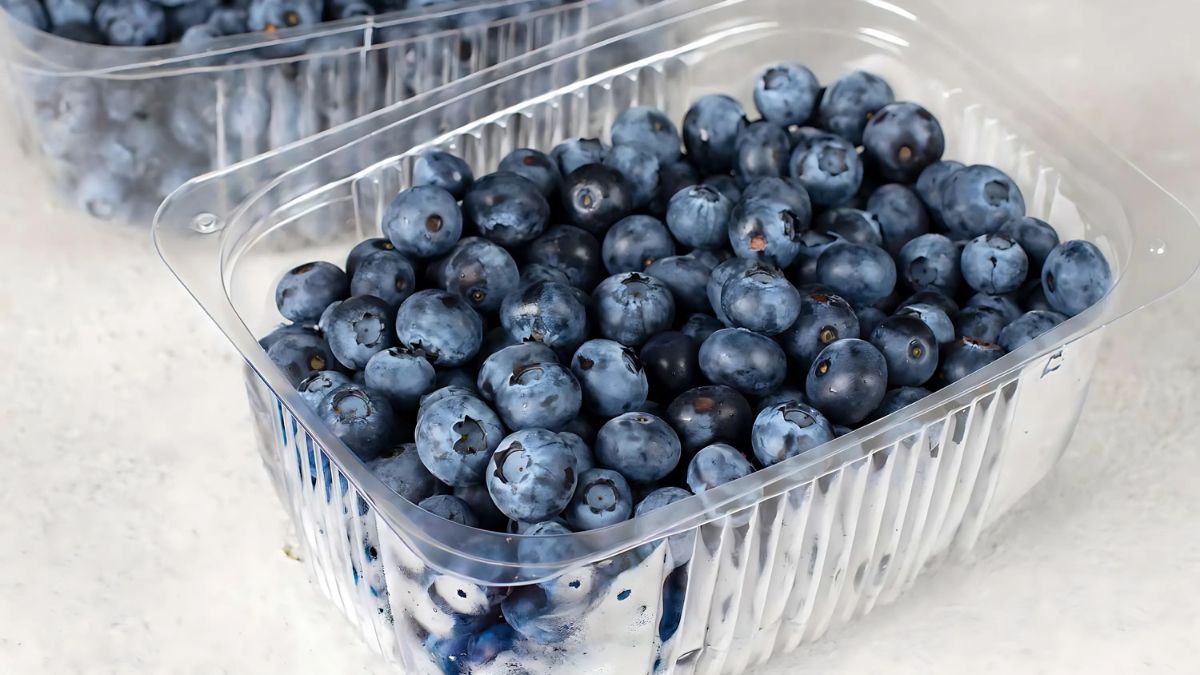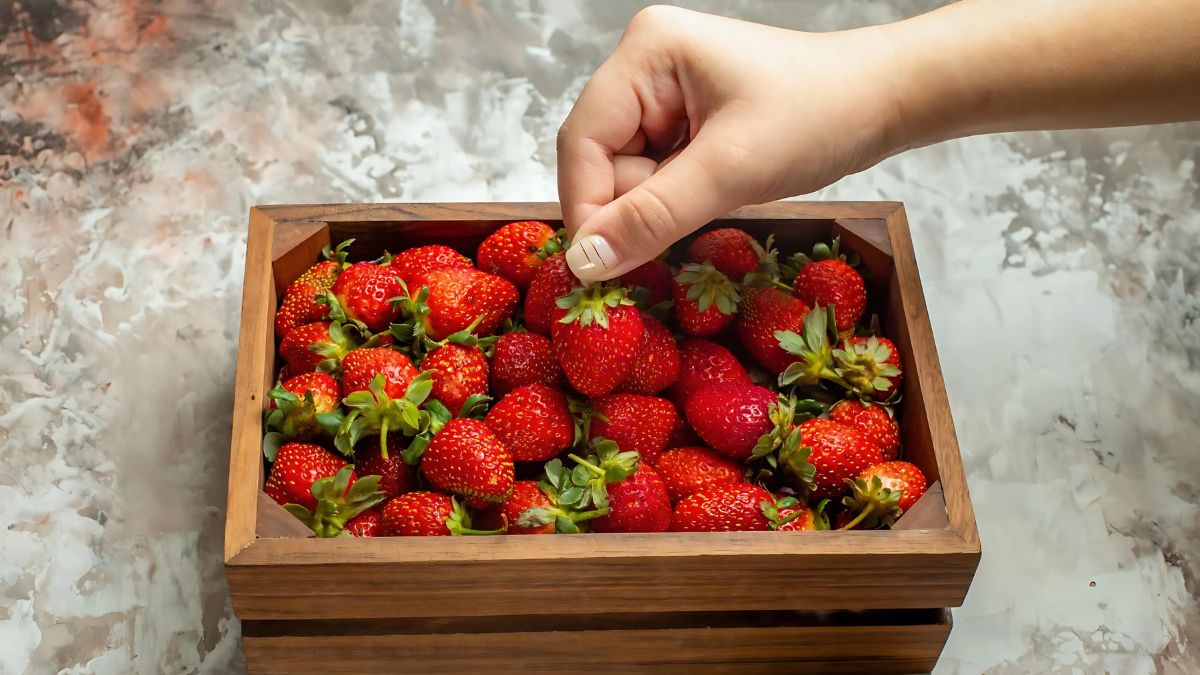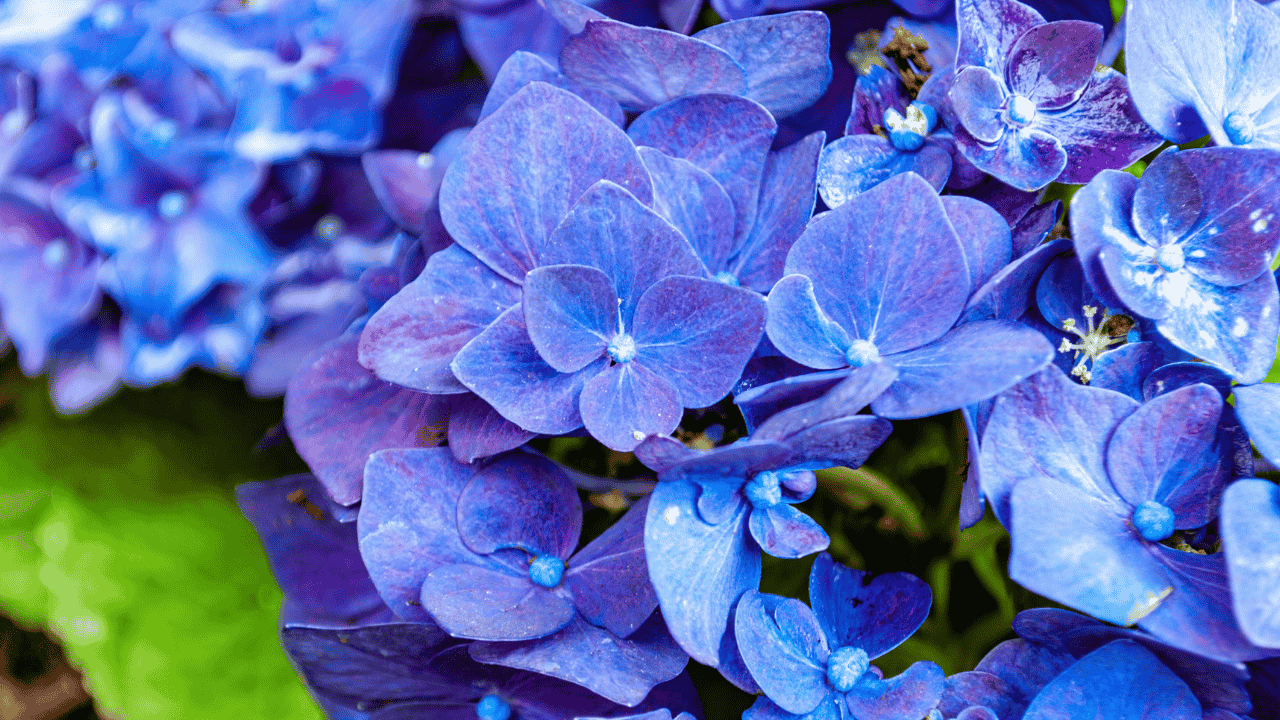Blueberries might seem clean straight out of the box, but looks can be deceiving. A quick rinse under tap water won’t do much to remove dirt, bacteria, or pesticide residues. If you really want to keep your blueberries fresh, flavorful, and safe to eat, you’ll need a better method. Thankfully, with common pantry staples like vinegar and baking soda, you can give your berries a gentle but powerful clean that extends shelf life without much effort.
Table of Contents
Reason
Running blueberries under plain water might rinse off visible dust, but it doesn’t do much to kill bacteria or break down pesticide residue. That’s where acidic and alkaline solutions come into play.
Vinegar is acidic and helps dissolve certain chemicals while preventing bacterial growth. Baking soda is alkaline, tackling a different set of microbes. Using either one gives blueberries a deeper clean than water alone. Together, they cover both ends of the pH spectrum—making them your fruit-cleaning dream team.
The key is not to overdo it. Soaking too long can soften the skins and ruin the flavor. Short soaks followed by a good rinse and drying step help keep berries firm, tasty, and mold-free.
Vinegar
The most popular acidic solution is a vinegar wash. White distilled vinegar is ideal—it’s cheap, easy to find, and has a consistent level of acidity.
How to do it:
- Mix 1 part white vinegar with 3 parts cold water in a large bowl
- Add your blueberries and gently stir for 5 to 10 minutes
- Drain and rinse the berries under cold running water
- Dry thoroughly using a clean towel or paper towels
You can also use apple cider vinegar, but it tends to leave a stronger smell and costs more. Stick to white vinegar for a no-nonsense clean.
BakingSoda
For an alkaline clean, baking soda works wonders. It targets different microbes than vinegar and helps lift off some chemical residues.
Steps for a baking soda bath:
- Dissolve 1 teaspoon of baking soda into 2 cups of cold water
- Add the berries and soak for 5 to 10 minutes, stirring occasionally
- Rinse thoroughly under running water
- Pat dry carefully before storage
Make sure to rinse well to avoid any bitter aftertaste from leftover baking soda.
Storage
After washing, how you dry and store blueberries makes a big difference. Moisture is the biggest enemy—it’s what causes mold to grow fast.
Here’s what to do:
- Dry berries completely using a clean towel or paper towels
- Store them in a breathable container, not airtight plastic
- Line the container with paper towels to soak up any leftover moisture
- Keep in the refrigerator’s main compartment, not the crisper drawer
Washed and properly stored blueberries can last up to a week—much longer than the usual couple of days.
Freezing
Got too many blueberries? Freeze them to avoid waste. The process is simple and keeps the berries usable for months.
Freezing steps:
- Wash, rinse, and dry thoroughly
- Spread in a single layer on a baking sheet
- Freeze for 2–3 hours until firm
- Transfer to freezer bags or containers and squeeze out excess air
This method prevents clumping and helps the berries keep their flavor and texture.
Washes
You’ve probably seen store-bought fruit washes. Are they worth it? Honestly, not really.
Studies show commercial washes aren’t more effective than simple vinegar or baking soda solutions. Unless you’re using industrial-grade cleaners—which you won’t find at the store—you’re better off sticking with household staples that actually work.
Tips
Want to make blueberry care even easier? Keep these quick tips in mind:
- Only wash berries before you eat them
- For meal prep, dry them fully before refrigerating
- Look for dry, firm berries with a natural dusty coating (that’s protective bloom)
- Use vinegar for daily cleaning, and baking soda when you suspect higher residue
Simple, effective, and wallet-friendly.
Blueberries are small but mighty—and a little care goes a long way. By taking a few extra minutes to wash them right, you keep them fresh, safe, and flavorful longer. Whether you eat them fresh, toss them in oatmeal, or freeze them for later, clean berries are always the better bite.
FAQs
Can I just rinse blueberries with water?
Water alone won’t remove all bacteria or pesticides effectively.
How long should I soak blueberries?
Soak for 5–10 minutes, then rinse and dry completely.
Should I wash blueberries before freezing?
Yes, but dry them fully to prevent clumping in the freezer.
Does vinegar leave a taste on blueberries?
Not if rinsed well under cold water after soaking.
Why avoid airtight containers for storage?
They trap moisture, causing mold to grow faster.













